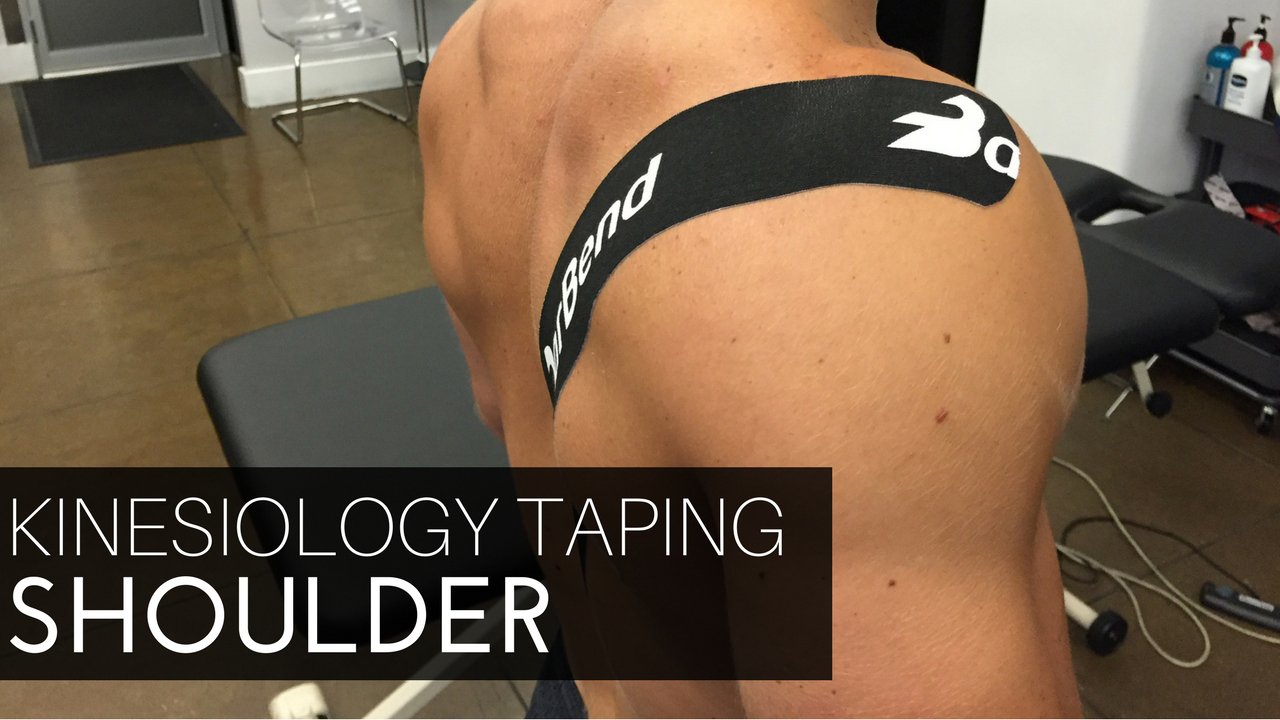

We recommend taking Milk of Magnesia (2 tablespoons twice a day) while taking the pain pills to avoid constipation.17. Constipation may also be common due to the pain medication. Some patients also find that they have diarrhea or "loose bowels" for the first days after their hernia repair - in the vast majority of cases, the bowel function normalizes with time. Remember that it is very common to pass a lot more gas from your rectum than you used to - this is because you will not be able to really belch. The first bowel movement may occur anywhere from 1 – 5 days after surgery - as long as you are not nauseated or having abdominal pain this variation is acceptable. You will usually be able drive when you have not needed the narcotic (prescription) pain medications for two days. If you need particular documentation for your job, call the office. As a rough guide, most people take at least 1 – 2 weeks off prior to returning to work. These factors will put some limitations on your activity, but you will not cause any damage even if some soreness is experienced.Įveryone has different motivations toward their job, and thus everyone returns to work at different times. You may also feel easily fatigued and "washed out" for a week or two following the surgery. Avoid heavy lifting to aide in the healing of your incisions. Take it easy and let the pain be your guide. However, if it doesn't feel good, don't do it. In fact, returning to normal activity as soon as possible will most likely enhance your recovery. That means it is OK to walk, climb stairs, have sexual intercourse, mow the lawn, or exercise as long as it doesn't hurt. There are no significant restrictions on activity after surgery. Do not put any ointment or other medication on your incisions - it will not make them "heal better." Activity We try to close your incisions to leave the smallest possible scar. No baths, pools or hot tubs for two weeks. You do not have to have them on when you come for your postoperative visit. The tapes will begin to peel up on the ends 7 – 10 days after surgery - at this point they have done their job and it is OK for you to peel them the rest of the way off if you wish. It is OK to get these little tapes wet in the shower. You might see little pieces of tape (called steri-strips) directly attached to your skin. If you have little patches of white gauze or band-aides on the incisions, take off the gauze/band-aides before showering.

It is OK to shower starting around 36 hours after surgery. If you find you are persistently nauseated or unable to take in liquids, contact our office and let us know. If you do not eat, this is OK the most important thing is to drink liquids. This is a normal result of the stress of surgery and manipulation inside the belly - your appetite should return in several weeks. Some patients find that their appetite is poor or that foods don't taste well after surgery. ALSO, DO NOT DRINK CARBONATED BEVERAGES FOR THREE WEEKS. With time, you will be able to digest foods normally. You may also notice that swallowing feels a little "tight" – this will improves as the swelling goes down. The reason for liquids is that there will be some swelling in your esophagus where your hernia was repaired. During that time, you can try or experiment with eating soft, mushy foods like tuna, mashed potatoes, eggs, cottage cheese, and thick soups. You will need to stay on a liquid/soft diet for approximately 3 weeks after surgery. This surgical procedure does require diet restrictions after surgery.

After that, you will start on a liquid diet. On the morning after your procedure you will get a swallowing study to make sure everything is in the proper place. Expect stay in the hospital one to two days after this procedure.


 0 kommentar(er)
0 kommentar(er)
